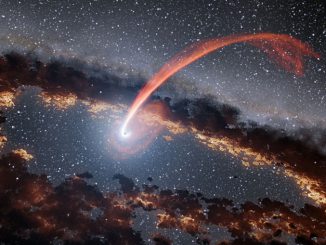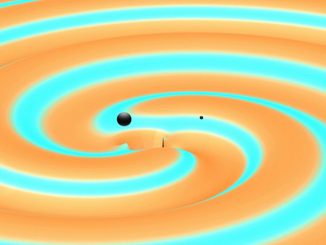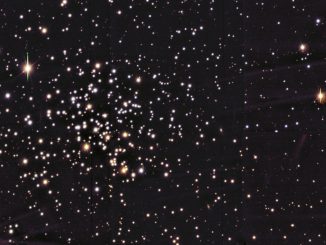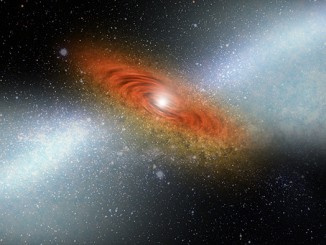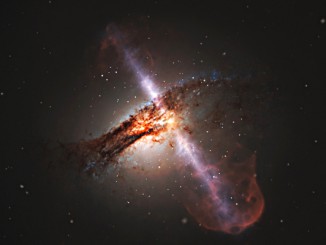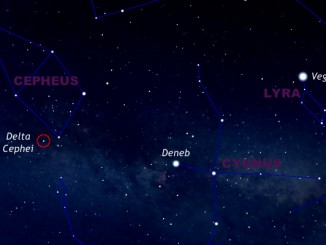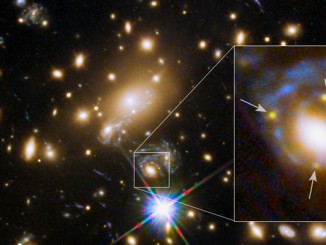
Astrophysicist proposes new definition of a planet
Pluto hogs the spotlight in the continuing scientific debate over what is and what is not a planet, but a less conspicuous argument rages on about the planetary status of massive objects outside our solar system. The dispute is not just about semantics, as it is closely related to how giant planets like Jupiter form.

